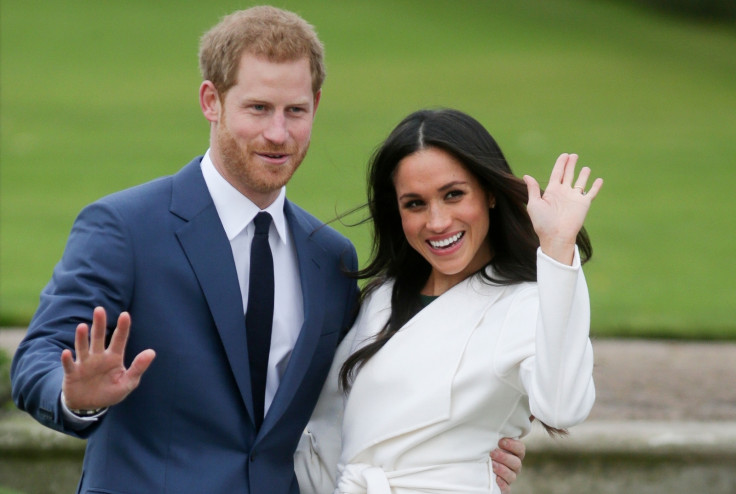Sussexes mark British 'Black History Month' with call to end 'structural racism'
Marking the start of the BHM, the couple revealed their list of BHM NextGen Trailblazers and touched upon global Black Lives Matter movement.
Marking the start of Britain's 'Black History Month', Prince Harry and Meghan Markle spoke strongly on bringing an end to structural racism in the country. The Duke and the Duchess of Sussex sent out the powerful message in a candid joint interview.
Speaking with Evening Standard, Prince Harry and Meghan Markle got on Zoom call from their new Santa Barbara home. During their conversation, they informed that they are "doing well" as they began a new life in their permanent home with their 17-month-old son Archie.
In the interview, they revealed their list of BHM Next Trailblazers "recognised for challenging prejudice and their positive contribution to British society." Harry talked about his own "awakening" to the concerns of BAME community members that includes meeting his wife who has a bi-racial descent.
"Because I wasn't aware of so many of the issues and so many of the problems within the UK and also globally as well. I thought I did but I didn't," Prince Harry said.
He goes on to explain the problem with an example of a shop that only sells white dolls.
"And I use that as just one example of where we as white people don't always have the awareness of what it must be like for someone else of different coloured skin, of a black skin, to be in the same situation as we are where the world that we know has been created by white people for white people," Harry added.
Apart from the interview, the royal parents also put their thoughts on the paper for an article in the publication. They talked about various aspects including the contribution made by a group of notable leaders to the cause, the global Black Lives Matter movement, and structural racism.
"For as long as structural racism exists, there will be generations of young people of colour who do not start their lives with the same equality of opportunity as their white peers. And for as long as that continues, untapped potential will never get to be realised," the couple wrote in the article.
They touched upon representation in the position of power and decision-making, collective recognition, and need to create a cohesive society. "We cannot change history, nor can we edit our past. But we can define our future as one that is inclusive, as one that is equal, and one that is colourful," they concluded the write-up.

Britain's Black History Month is the annual observance of remembering important people and events in the history of the African Diaspora. The celebration of achievements by African Americans originated in the US, in 1970 and was later recognised by governments in Canada, Ireland, and the United Kingdom. Just like in the US, these countries have also designated a month to celebrate black history. In the UK, Black History Month was first celebrated in October 1987 in London. It is celebrated from Oct. 1 to Oct. 31.
© Copyright IBTimes 2025. All rights reserved.





















